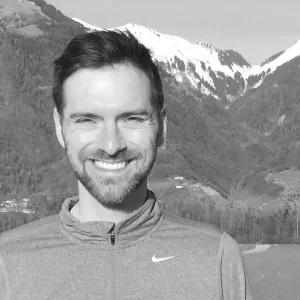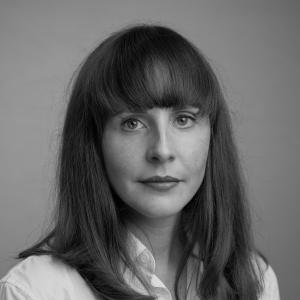People care about climate change - you just have to find the right way of discussing it. A senior researcher at the Environmental Change Institute (ECI) has been speaking at an international conference about his work with local communities.
Dr Hampton attended the ‘Widening Participation in Clean Energy Programmes’ workshop in Brussels, organised by the International Energy Agency (IEA). He contributed to the fourth session, ‘Empowering Communities to Participate in Clean Energy’, co-hosted by Consumers International.
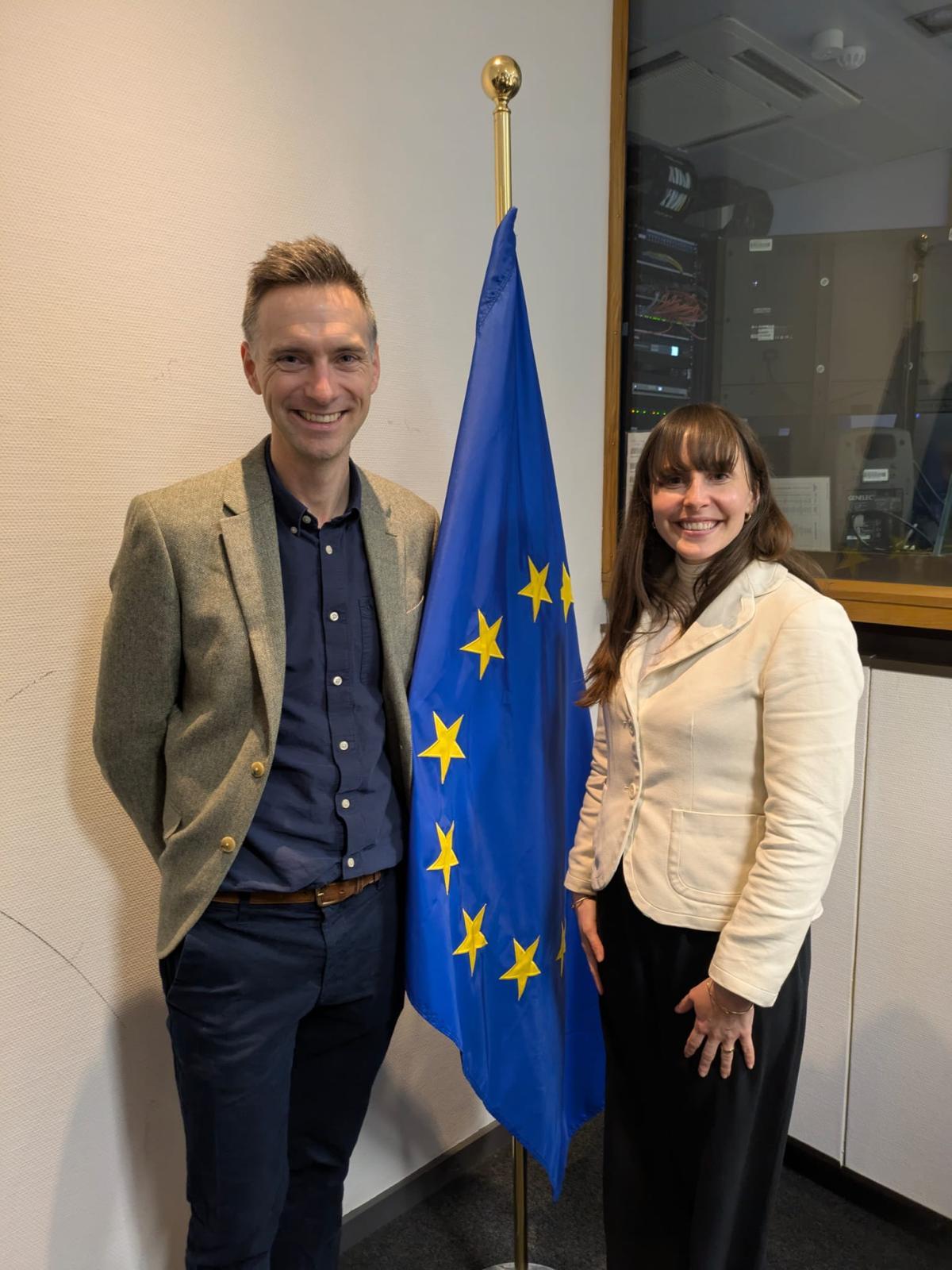
Dr Sam Hampton and Cassie Etter-Wenzel, ECI DPhil student
During his address, Dr Hampton highlighted the issue of pluralistic ignorance—where people underestimate how much others care about climate change. He noted:
The great thing is that in nearly every community, there is someone passionate about climate change and willing to advocate for pro-environmental behaviours among their peers.”
A particular focus of his research has been small and medium-sized businesses, including hairdressers. He explained:
There are millions of hairdressers who use significant amounts of energy, water, and chemicals. They are also known for engaging in conversations with clients. I’ve been working with the Green Salon Collective to incorporate climate change discussions into these interactions.”
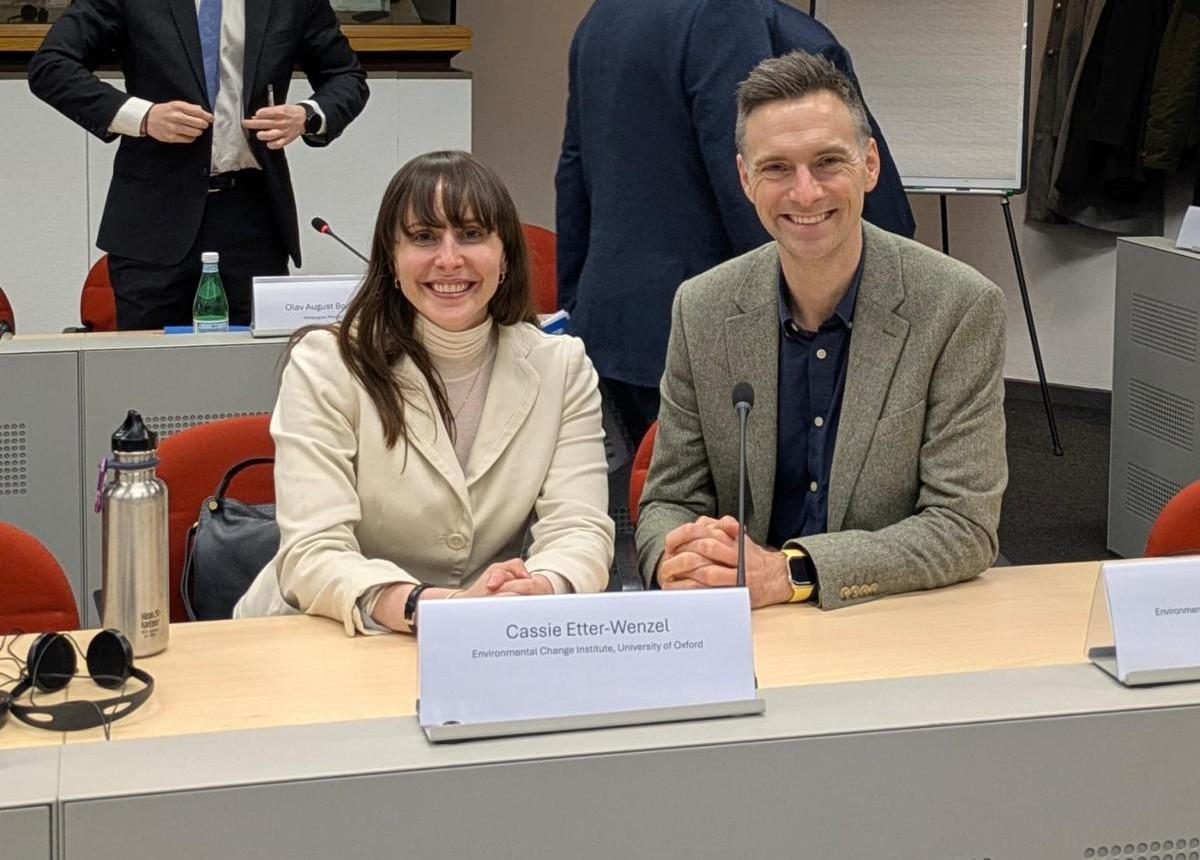
Dr Hampton was joined by ECI DPhil student Cassie Etter-Wenzel, whose research examines the distributional impacts of clean energy transitions, particularly how policies and regulations affect low-income populations. Before her DPhil, Cassie worked at the IEA’s Clean Energy Ministerial (CEM) Secretariat, providing her with valuable insights into international clean energy cooperation.
Cassie said:
The CEM/IEA workshop on expanding participation in the energy sector bridged crucial worlds for me—connecting my DPhil research with my previous role at CEM. What became clear is the urgent demand for context-specific, interdisciplinary work on energy affordability. This experience showed me how academic research can help expand energy fairness concepts into reality when we create meaningful dialogue between academia, government, and civil society.”
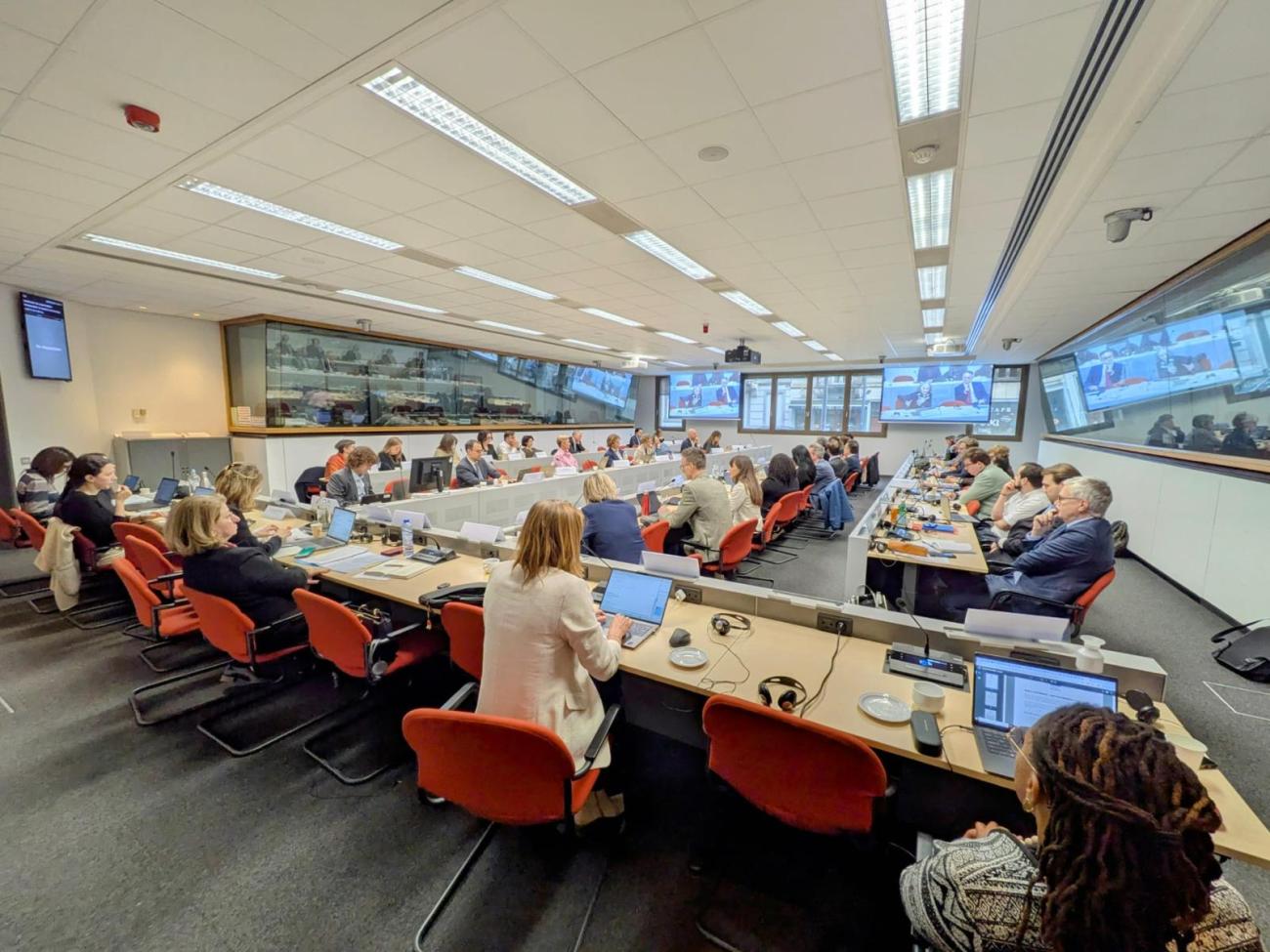
The IEA, which organised the event, emphasised the importance of community engagement in advancing clean energy initiatives. They stated:
At a time of rising misinformation and declining trust in public institutions, direct engagement with local communities is often key to successfully implementing clean energy transitions.”
The workshop, held as part of Consumers International’s Sustainable Lifestyles Summit, explored key topics such as working with community leaders, addressing misinformation, and demonstrating the socio-economic benefits of clean energy programs. Organized in collaboration with the European Commission’s DG Employment, Social Affairs & Inclusion, the event was part of the newly launched Clean Energy Ministerial Campaign on Sustainable Lifestyles, Fairness, and Access to Clean Energy Technologies.
A key outcome of the workshop will be the development of a framework to track and measure sustainable lifestyles and fairness in clean energy programs. These findings will contribute to the IEA Global Commission on People-Centred Clean Energy Transitions.
The workshop recording is available to watch via the European Commission’s streaming service. Dr Hampton’s contribution begins at 16:42.

